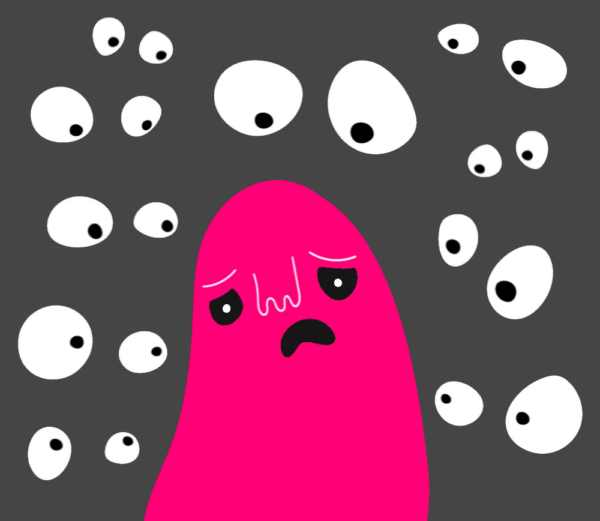65% of teens upload photos of themselves to socials and 55% admitted to have given personal info, photos or physical descriptions to someone they don’t know. a child’s right to privacy is paramount, but the line between what is public and what should be private has been eroded by social media. far greater consideration should be given to how what’s posted today might impact them when they’re older, even as an adult. deleted posts continue to remain on big tech servers and content shared on socials could show up in search algorithms for years to come
of course, it can be positive. social media allows teens to create online identities for self-expression and to communicate with others from around the globe. it provides entertainment, exposure to current events and can teach them about a variety of subjects
but kids crave contact with their friends away from their parent’s gaze and social media has become the most common way for them to interact. in older children however, high social media usage and the near-constant desire for peer approval can lead to anxiety, stress and depression. for children who are isolated it can be a lifeline, but also has the potential to become addictive and to harm fragile self-esteem. aside from general distraction and disrupted sleep, they can also be exposed to bullying, rumour spreading, dangerous trends and to have unrealistic views of other people’s lives
although they can still connect with friends to share memories and experiences, rewind is a safer way for older kids to engage and share content with each other, as there is no direct chat function and their profiles and timelines are not visible to others, or searchable online
rewind doesn’t have to be an instead-of, it can be an as-well-as, a mentally-healthy alternative. a digital safe space without any likes, followers, comments or groups. no adverts or influencers. no bullying, strangers, pile-ons or catfishing… none of that
it’s less social, more media. less time spent seeking public validation and more time creating something of long-term personal value, free from judgement. somewhere hidden to appreciate your own uniqueness without comparing it to others
for now, unfortunately social media seems inevitable and experts agree that parental oversight is crucial when kids are starting to use social media. forewarned is forearmed, so check out this online safety advice from the NSPCC

